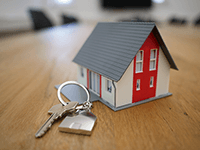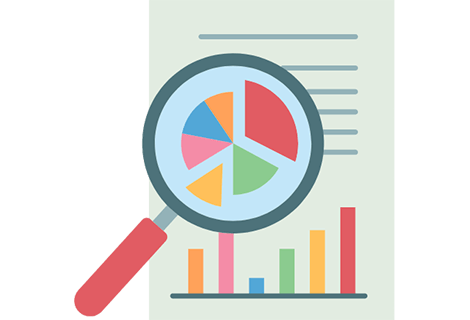
What are defaults?
A default occurs when a lender/creditor closes down your account, as you have consistently failed to make your repayments. For example, if you don’t pay your mobile phone contract on a regular basis, your provider might close your account.
A default is a record of these missed payments. They can stay on there for up to six years, which may impact your ability to get approved for finance in the future.

How do defaults affect your credit score?
Defaults can have a big impact on your creditworthiness and may make it more difficult for you to get finance in the future. When a default is reported to the credit reference agencies, it will be recorded on your credit file and will remain there for six years. This can affect your credit score, which is a measure of your creditworthiness.
Lenders use your credit history and credit score to decide whether to approve you for a mortgage. Having a default on your file can make them see you as a higher risk borrower. Due to this, they may be reluctant to let you borrow from them.
If you are approved, you might end up with higher interest rates and less favourable terms than someone with a clean credit history.
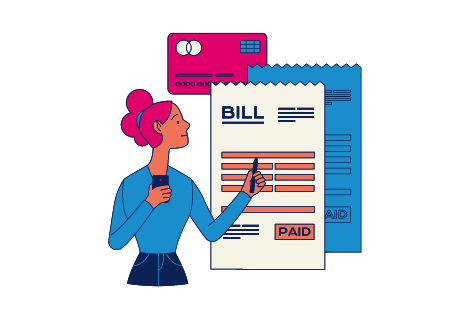
Can you get a mortgage with a history of defaults?
Yes, you can get a mortgage with defaults. However, it might be a lot more challenging than if you had a clean credit history.
Not all lenders have the same criteria; some will be more relaxed than others will. In particular, specialist lenders may be more open to borrowers with defaults, as they often have more flexible lending criteria.
It’s also worth noting that not all defaults may be treated in the same way by lenders. Some may view a default on a mobile phone contract differently to a big utility bill. Therefore, your chances of getting accepted could be influenced by this too.
If you’re struggling to get accepted, it might help to get a specialist mortgage broker’s advice. With brokers, they have access to a range of different lenders, so they can help you look for one that may be likely to accept your application. However, using a broker may mean there are extra fees than if you went directly to a lender.
We understand how frustrating it is to be refused for a mortgage. That’s why we focus on helping customers who are struggling to get accepted. Therefore, if you have been declined by the high street, we may be able to help you.
How do I enquire?
Call us for FREE on 0800 032 4646 or enquire using the form below.
Don't forget – making an enquiry will not affect your credit rating in any way!

What can you do to improve your chances of being accepted for a mortgage with defaults?
Having defaults on your credit file can make it more difficult to get accepted for a mortgage. However, there are steps you can take to try and increase your chances, some of these are:
Check your credit report: Before applying for a mortgage, you should check your credit report to make sure the information is up-to-date and accurate. If you find any errors, you can dispute them.
Pay off debts: If you have any unresolved debts, paying them off can help improve your credit score and may show lenders that you are responsible with your finances.
Build up a large deposit: Having a large deposit can make you a more attractive applicant, as it means you will need to borrow less. This makes you less of a risk to the lender.
Consider specialist lenders: Specialist lenders may be more willing to lend to borrowers with defaults and other credit issues. This is because they might have more flexible lending criteria than traditional high street lenders.
Seek help from a mortgage broker: A mortgage broker may be able to help you navigate the application process and find a good product for your needs.
If you're having financial problems, it's a good idea to reach out to your current creditors for help. They may be able to offer support or arrange alternative repayment plans. For extra support, you could also contact MoneyHelper or Citizens Advice Bureau (CAB) who offer free advice.
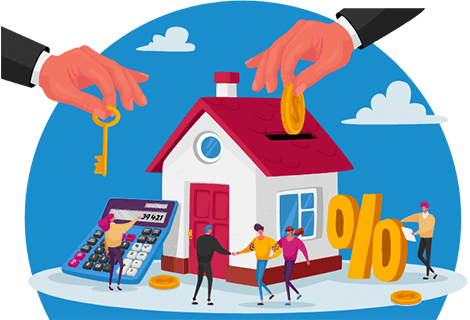
Will I need a larger deposit if I’ve had a default?
If you have a default on your credit file, you may need a larger deposit when applying for a mortgage. This is because having a default on your credit history can make you a higher-risk in the eyes of lenders. Due to this, they may require a larger deposit as a way of reducing that risk.
However, the size of deposit you’ll need will depend on a range of factors. Lenders have different criteria and some will expect a larger deposit than others will. Therefore, it is important that you research your options carefully to make sure you find the right product for you.
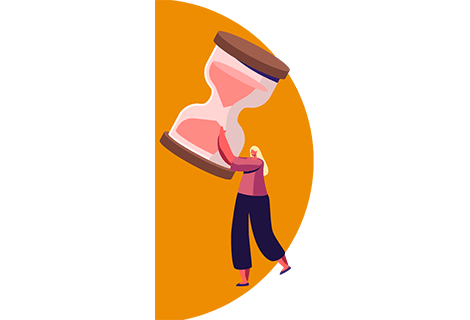
How soon after a default can I apply for a mortgage?
The length of time you’ll have to wait before you can get a mortgage after a default will vary between lenders. It will also depend on your personal circumstances.
The default’s severity may be factored into the lender’s decision. For example, if the default occurred recently, and you can prove it was quickly rectified, your lender might be willing to consider your application sooner.
However, if you were unable to solve it quickly, you may have more difficulty getting accepted.

Why choose The Loans Engine?
Our experts are specially trained to help people get a mortgage with defaults. We are a Feefo Platinum Trusted organisation, with over 35 years’ worth of experience in the industry, so we have the knowledge to support you.
Give us a call for free to see what we can do for you. We will always do our best to try and understand your circumstances and give you a good result.
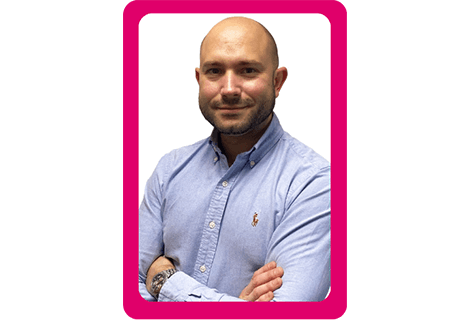
How do I enquire?
Call us for FREE or enquire using the form above.
Don't forget – making an enquiry will not affect your credit rating in any way!



